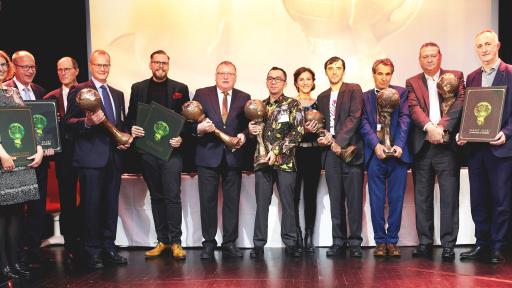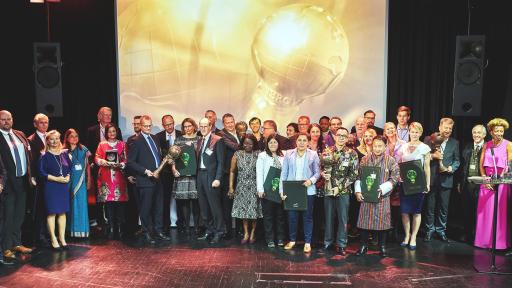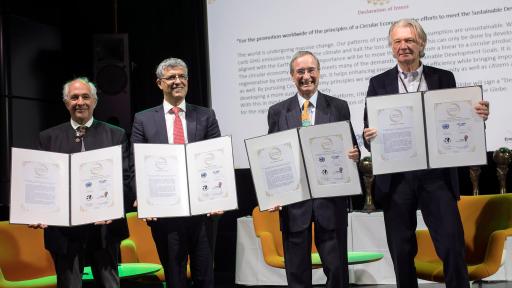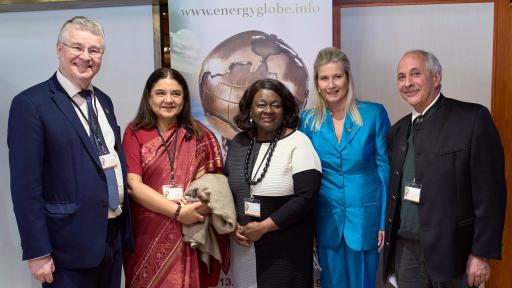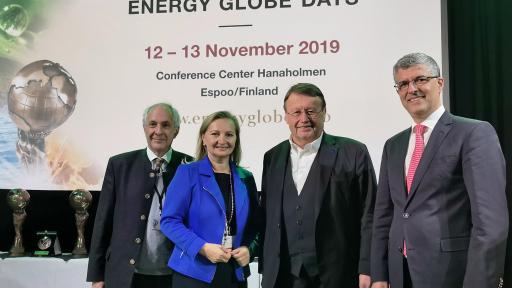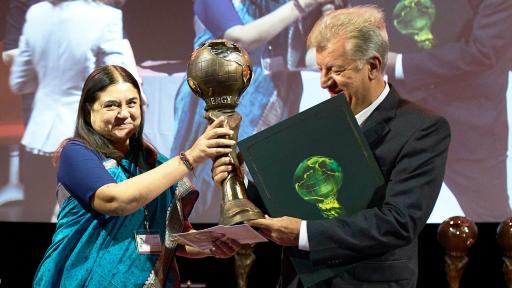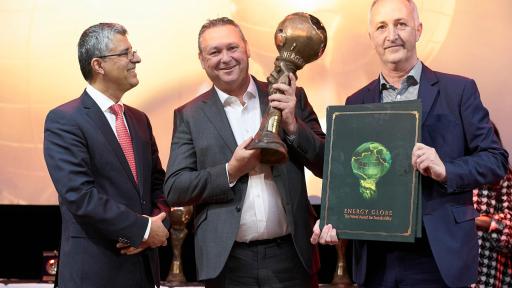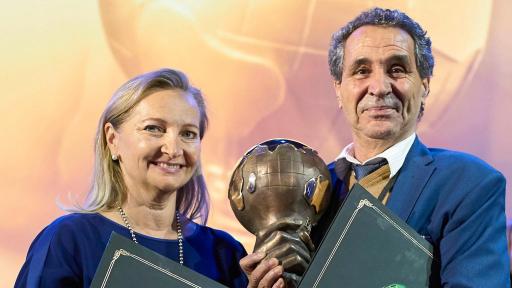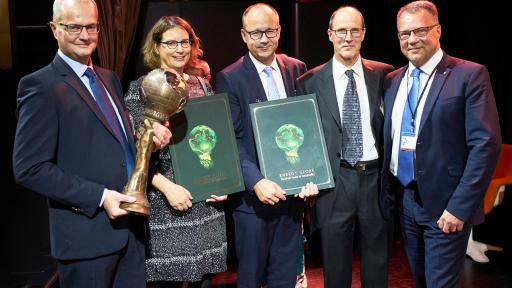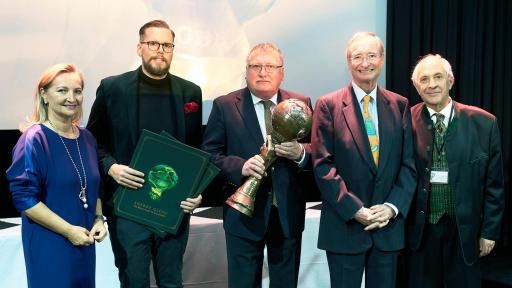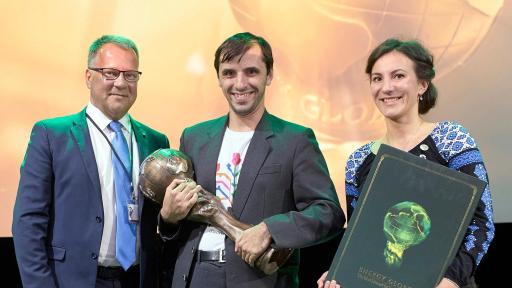The Energy Globe Award, the world's most prestigious environmental prize, has been awarded to the best solutions for combating climate change.
The Energy Globe Award, the world's most prestigious environmental prize, has been awarded to the best solutions for combating climate change
The international declaration on the Circular Economy was also signed at the International Awards Ceremony of the 20th Energy Globe World Award in Espoo (Finland)
ESPOO, Finland, 14 November, 2019 -- The 20th Energy Globe World Award was an absolute highpoint in the history of the world's foremost environmental prize, with the submission of over 2,000 pioneering environmental projects from 187 countries in its anniversary year. Guests such as former Indian Environment Minister Maneka Gandhi, Energy Director of UNIDO Tareq Emtairah, Honorary President of the Club of Rome Anders Wijkman, President of the Global Chamber Platform Christoph Leitl, Chair of the London Assembly Jennette Arnold and many more came to Espoo to present the awards to the nominees from all over the world in five categories, Earth, Fire, Water, Air, Youth and the special category "Energy for All". Energy Globe founder Wolfgang Neumann was delighted with the positive response, "Everyone was overwhelmed by the solutions to our environmental problems that were presented here".
A particularly important step for the future of humanity was the signing of a declaration of intent on the promotion and implementation of the Circular Economy as the basis for successful, sustainable cooperation between business, consumers and politics. It was signed by the Global Chamber Platform, the Club of Rome, UNIDO and Energy Globe. As a consequence, a master plan will now be developed to successfully implement the Circular Economy through a collaboration of politics, business and consumers worldwide to create a healthy and sustainable environment. Christoph Leitl, the initiator of this declaration of intent and president of the Global Chamber Platform, is confident, "We managed to successfully reduce the hole in the ozone layer through sustainable action, and we will succeed in doing the same with climate change".
The livestream was also very popular. It transmitted the entire event sustainably all over the world and was watched enthusiastically by thousands of people. This was also demonstrated by the number of questions sent to the Energy Globe chatroom, which had difficulty coping with the onslaught.
The winner in the Water category was a project from Morocco that allows drinking water to be harvested from clouds. In the Earth category, the winner was a recycling project in Colombia, and in the Fire category, the prize was awarded to a project in London, in which urban transportation was switched to electric buses. There were two winners in the Air category; from Austria an automated painting system for ships which substantially minimises energy consumption and therefore emissions, and the Espoo project for an emission-free city. The jury awarded first place in the Youth category to a novel communication tool for NGOs, and in the special category "Energy for All", a project in Indonesia supplying power to schools, hospitals and houses for the first time won through against many other equally excellent initiatives. More information about all the nominees and the winners is available at www.energyglobe.info.
Press contact:
Elisabeth Neumann, Energy Globe Foundation
Email: [email protected]
Tel: +43 664 62 799 90










